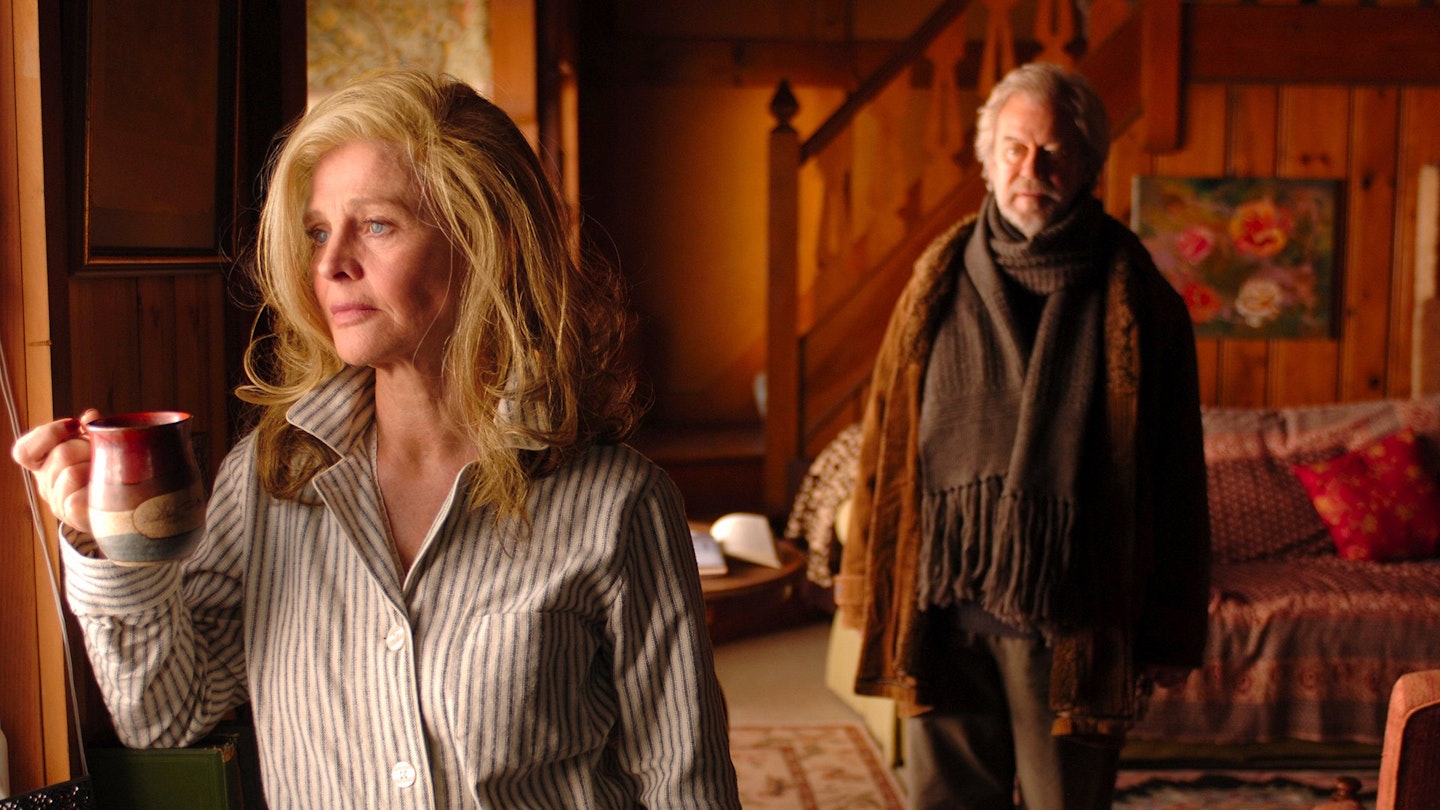If nobody advised you beforehand that this film was the work of indie actress extraordinaire Sarah Polley, it’s unlikely you would guess that this was made by someone of just 28. That’s not only because it deals with Alzheimer’s and how it decays the relationship between a pair of sexagenarians, a subject not often seized by anyone so far from their bus-pass years, but because of the mature, confident feel of this tragic romance. But then, Polley is not your usual twentysomething.
As in her acting career, Polley is not enamoured of spectacle, preferring to keep everything in her feature debut at a measured, sometimes slow and often glum pace, with realism above all else. Her visuals are painted in varying shades of morose, from the wintry landscapes (so perfect for gazing across wistfully) to Julie Christie’s grey-gold hair, so that the overall effect, even though the material has light elements, is depressive. But it is quality depression.
Polley, as both writer and director, gives a strong sense that Fiona and Grant have been together for years. Their conversation is shorthand and teasingly friendly rather than overtly romantic, and their actions have the kind of synchronised ease that only comes from decades in each other’s company. It’s a well-built foundation, which makes its disintegration all the more heartbreaking. But she is helped substantially by her leads. Gordon Pinsent is a model of affecting restraint as the husband who relinquishes his wife to dementia, while Christie is terrific, desperately sad without resorting to the usual ‘I’m losing my mind’ bag of tricks.
Polley tells her story with grace, but she is also occasionally carried away by her own words, with characters given to stagy soliloquies that break the otherwise understated tone. And, like her main character, she gradually loosens her grip on exactly what’s going on. As Grant and Fiona drift further apart the story loses its focus, and the lack of time spent on Fiona makes her rapid degradation and fixation on the mute, dull, wheelchair-bound Aubrey (Michael Murphy) difficult to accept. Polley’s interest in people over plot means that the story drifts to a saddening conclusion at a luxurious pace that would be easy to trim, but when it finally gets there the work put in makes it cut a little deeper.

